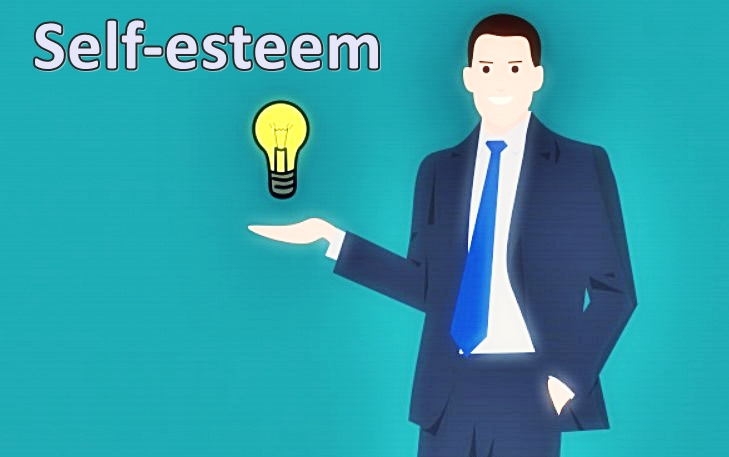The gift of self-esteem is not something we can simply claim. Over time, its possession represents accomplishment. My experience must be based on reality in order to qualify as having authentic self-esteem. In addition to feeling confident about oneself, it is more than just having nice sexual experiences—from buying expensive clothes to receiving compliments to taking certain drugs.
This will induce a state of happiness at least temporarily. We are expected to do more than this if we want to develop a true sense of self-efficacy and self-respect. Time reported (February 5, 1990): Six countries gave 13-year-olds standardized math tests last year. A Korean did the best, and an American did poorly, ranking behind Spain, Ireland, and Canada. I have some bad news to share with you.
Aside from triangles and equations, the kids were shown the statement, “I am proficient at mathematics.” With 68% saying they agreed with the statement, Americans were ranked first. The newly fashionable self-esteem curriculum teaches kids to feel confident about themselves, regardless of whether they know any math. In light of this naive and primitive view of self-esteem, the author of this article is justified in criticizing “self-esteem curriculums.”
Therefore, when I write about self-efficacy or self-respect, I speak from the standpoint of reality, not from the perspective of wishes or affirmations. The ability to assess one’s abilities and accomplishments realistically is one of the characteristics of people with healthy self-esteem. Can a student have healthy self-esteem while doing poorly at school? Yes, of course.
There are a number of reasons why a student might not succeed academically, including inadequate challenge and stimulation. Grades are rarely an accurate indicator of an individual’s self-efficacy and self-respect. Students who have rational self-esteem, however, do not delude themselves into believing they are doing well when they are not.






